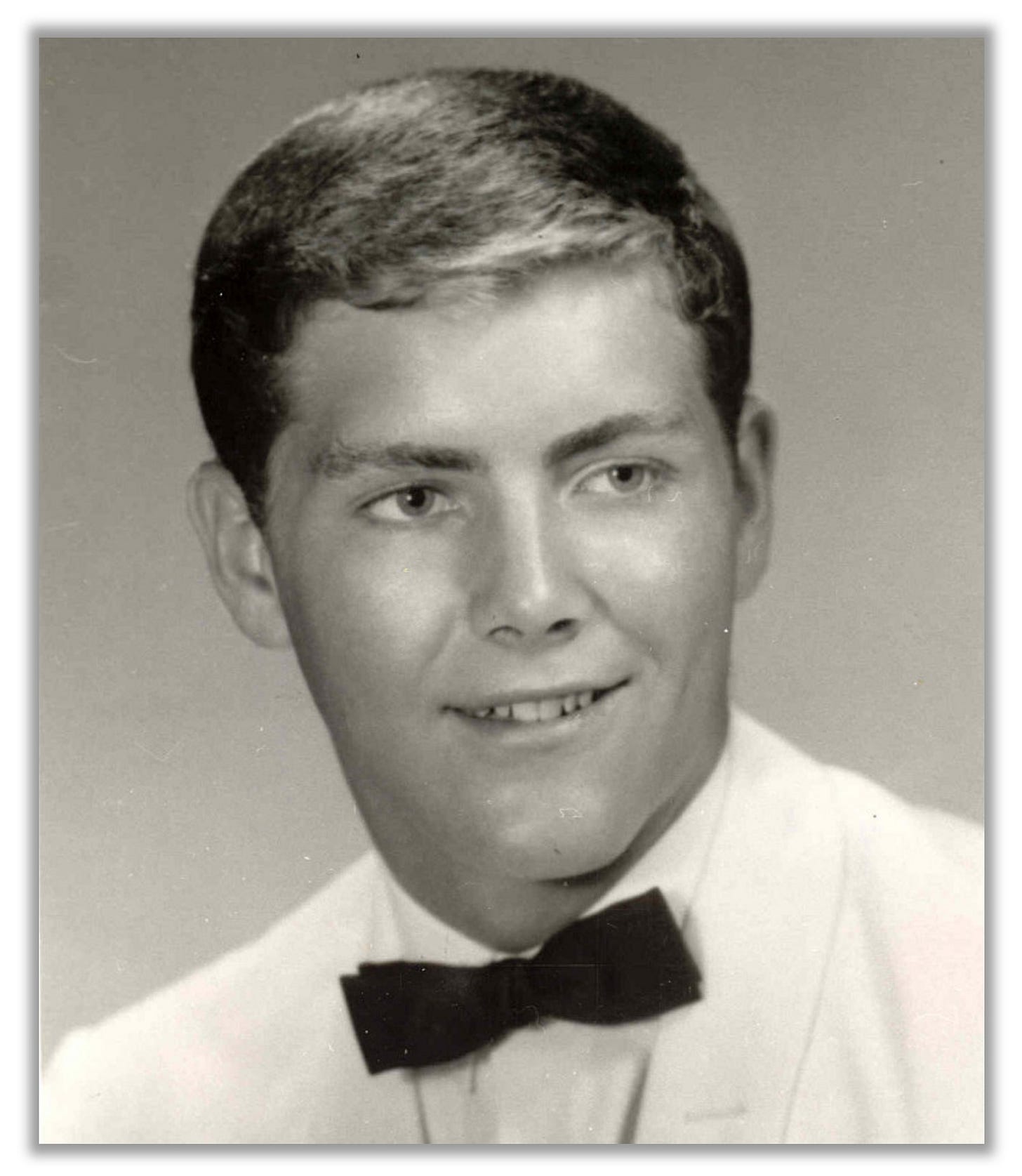Medal of Honor Monday: Marvin “Rex” Young
“I was not surprised at what he did,” a high school friend later said. “That was his personality. That was what he did all his life.”
On this day in 1968, a hero puts his life on the line, saving his fellow soldiers. Marvin “Rex” Young would later receive a Medal of Honor for his bravery.
“I was not surprised at what he did,” a high school friend later said. “That was his personality. That was what he did all his life.”
Young spent much of his childhood in Odessa, Texas. He was a good student, an athlete, and a “very personable young man with a zest for life,” as his high school’s assistant principal would remember.
Nevertheless, things could have gone south pretty fast. After his parents got divorced, his mom struggled alone to raise her kids: Young’s dad had already remarried and was living in Alaska. “He grew up in a situation where it would have been easy to make the wrong choices,” a classmate later said, “but he didn’t.”
Young enlisted in the Army in September 1966, knowing that he was likely to get drafted anyway. By October 1967, he was on his way to Vietnam.
“[W]hat I’ve gotten out of Vietnam so far,” he wrote a few months later, “is two purple hearts, a case of nerves and something I hope you all never lose and that’s a love for the good ole USA that I always took for granted before.”
Staff Sergeant Young’s heroic action came on August 21, 1968, near Ben Cui. He’d been serving as squad leader on a reconnaissance mission when the enemy attacked. Some men in his platoon were pinned down, and the platoon commander had been killed. Young leapt into action, assuming command and organizing the soldiers into a defensive position.
He moved from man to man, encouraging them and directing their fire while enduring what his Medal citation could call a “hail of enemy bullets.”
Perhaps unsurprisingly, an order soon came to withdraw, but Young refused to leave. He’d noticed that one group of soldiers was having difficulty extracting itself. He moved to help, firing at the enemy as he went.
He suffered a serious head wound at about this time, but he just kept going, refusing to stop until the small group had found a way out.
By this time, Young had more wounds to an arm and a leg, but he knew that if his men stopped to help him, they may not make it out themselves. Thus, he ordered the remaining men out, staying where he was and providing protective covering fire as they went.
He did not survive the experience. “With indomitable courage and heroic self-sacrifice,” his citation concludes, “he continued his self-assigned mission until the enemy force engulfed his position.”
Months later, Young’s parents learned that he was to receive the Medal of Honor, but they hadn’t yet been told what, exactly, their son had done to deserve such an honor. “I was informed I would learn what happened to Rex when the citation is read,” his mother explained just a few weeks before traveling to D.C. for the Medal ceremony.
The city of Odessa is understandably proud of their native son, one of two locals to receive the Medal. Several years ago, a middle school was named in honor of both men.
Busts of these heroes were dedicated to the school, and Lt. Col. Michael Jensen spoke at the dedication ceremony.
“What do courage and sacrifice look like here at Wilson and Young Medal of Honor Middle School?” he asked. “Will you have the courage to push through your fear and do the right thing? . . . I tell you what . . . these men here, they challenge you to answer those questions, remember their courage, honor their sacrifice, and go and do great things.”
Heroes in Vietnam, but a continuing inspiration to the next generation at home today. Rest in peace, gentlemen.
Sources can always be found on my website, here.





Courage in the face of insurmountable odds, the willingness to sacrifice himself to save his warriors, all this and more show the indomitable spirit of the American fighting man. Pray we show the same as the government encroaches more and more into our freedoms.
What a tremendous young man. He took the responsibility for his men so very seriously and allowed them to live.